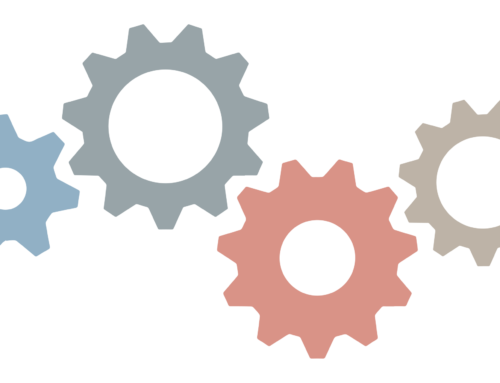Different Work but Same Successful Mentality
What takes you to the top? I spoke to four people in my business network to get the scoop on what keeps their day in order. I believe that organization is key to being and staying successful. The more you climb the ladder, the more goes on your plate, so implementing a system will help you get to where you want to be. A few weeks ago I shared my tips for time management, now let’s continue that conversation and see how business leaders in four different fields manage the work week.
Nick Hornak, Senior Financial Analyst at Infiniti Energy Services
Cheyenne Dermody, Marketing Project Manager at Sprinklr
Alex Jankowski, Production Manager at LeafGuard
Chelsea Small, Client Audit Support Administer at Cenlar FSB
1. What is your go to strategy for keeping your day on track?
Nick: Personal White Board.
Cheyenne: I’m a firm believer in prepping for my day the night before. I lay out my clothes, I review my calendar, and I send myself an email with any high priority reminders/to-dos so that it’s at the top of my inbox first thing in the morning. It’s extremely refreshing to wake up and not have to scramble to plan the day, especially if you’re not a morning person, which I am definitely not.
Alex: I stick to a daily schedule that I create for each day of the week. There will always be variations and sudden changes but consistency is key.
Chelsea: Doing a quick over view for what came in that day so I can be realistic about what I can get done.
2. Do you have a favorite app that you use to improve your organization?
Nick: No, I’m old school. If it’s not a white board, it’s pen and paper.
Cheyenne: I’m a big fan of the project management app Asana, but I primarily use that for work projects. For my personal organization I just take advantage of the basics: Google Calendar, Gmail, Slack, and even the iPhone notes. Speaking of apps, fun little side tip; I sort all of my phone apps by color, which I highly recommend. So many people waste time scrolling through screens trying to find the right app. If you think of an app right now, I guarantee you can visualize what it looks like, so why not organize it that way?
Alex: WhatsApp– used to communicate with my tri-state branch and upper management throughout the whole company. Keeps us up to date with meetings and if something needs to get done, like roof access for an install, this is where quick communication happens.
Chelsea: No apps, but I write in my calendar and set reminders for myself.
3. What is your organizational pet peeve?
Nick: Not hitting deadlines in time.
Cheyenne: When someone lets their email inbox build up because they choose not to open messages that aren’t important or priority. Email softwares provide us with so many tools to help you manage your inbox, and it’s extremely under utilized. You can sort, tag, filter, and even auto-archive messages based on to a of criteria. Getting your inbox to zero everyday is extremely easy if you set up your email account properly and not enough people do.
Alex: Lack of accountability. When expectations are set but not completed, which can change the course of the entire day.
Chelsea: Not having an agenda.
4. What factors set you apart from your competition that enabled you to move up in your career?
Nick: We started our business as a two person shop. Luke Childs oversaw the company and designed our projects from inception to completion. For myself, I wore multiple hats that became my everyday life. I’ve quickly learned the engineering, sales and financing levers to a solar project. I learned that being engaged in all aspects of the business allows you to not only grow your business, but grow with your team. Everyday was a new challenge, but we pushed through it together.
Cheyenne: I like to think that I’ve mastered the combination of being a hard worker while also being someone my coworkers want to be around. A lot of people focus too much on one side; they try to be the best they can be at their job tactically and sacrifice the cultural aspect of a team in the process, or they’re a social butterfly but no one really trusts them to do their job well. I’m good at what I do, but I’m also good at reading a room, and changing the way I work on a project based on the people I’m working with, to make sure they’re just as happy. As much as your coworkers want to see results on paper, it’s enjoying who they work with that makes them want to work with you again in the future.
Alex: This may seem cliche but it always comes down to hard work. You have the ones who stare at the the clock counting down the seconds and minutes until the day ends or the weekend starts. I’m always so driven to be 10 steps ahead of everyone else. The average person works 40 hours a week while I work 80. So in reality I get twice as much done in the same year. Hard work pays off.
Chelsea: I am a hard worker and I understand my strengths and weaknesses. I am also transparent.
Posted by Eva Gerrits







Leave A Comment